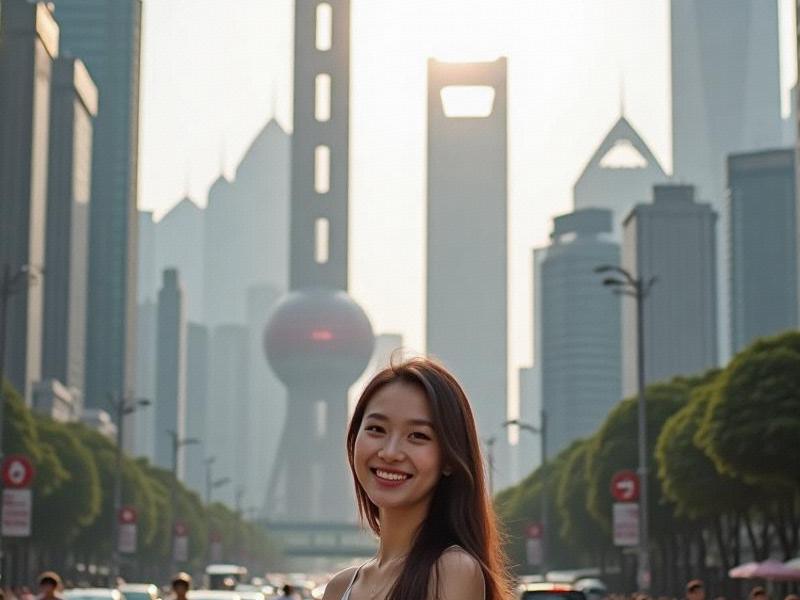This investigative feature examines how Shanghai's women are navigating the complex intersection of traditional Chinese values and global feminist ideals while creating a distinctly Shanghainese model of modern womanhood.

Shanghai's streets tell a story of feminine revolution. From the corporate power suits in Lujiazui to the avant-garde fashionistas in Tianzifang, the city's women are crafting a new narrative about what it means to be female in modern China—one that defies easy categorization.
The Professional Paradigm Shift
In Shanghai's gleaming office towers, women now occupy 38% of C-suite positions—nearly triple the national average. Finance executive Miranda Zhao embodies this change: "My grandmother bound her feet, my mother worked a factory job, and I'm negotiating million-dollar deals in three languages." This rapid generational shift reflects Shanghai's unique position as China's most meritocratic city.
上海龙凤419是哪里的 The Beauty Industrial Complex
Shanghai's beauty standards reveal fascinating contradictions. While skin-whitening products still dominate pharmacy shelves, a growing "healthy glow" movement celebrates outdoor lifestyles. Plastic surgery rates remain modest compared to Seoul, with more women opting for non-invasive treatments. "Shanghai beauty is about looking naturally perfect," explains celebrity dermatologist Dr. Wang Li.
Fashion as Cultural Dialogue
上海水磨外卖工作室 The city's fashion scene has become a laboratory for East-West fusion. Young designers like Snow Xue Gao are reinventing the qipao with modern cuts and sustainable fabrics. Meanwhile, vintage markets overflow with 1930s Shanghai-style accessories, reinterpreted for contemporary tastes. Fashion blogger Emma Chen notes: "Our style says we're Chinese, but we speak the global language of fashion."
The Marriage Paradox
Despite professional success, many Shanghai women face intense family pressure to marry before 30. Innovative dating services now cater to this demographic, with "high-value singles" events occurring in art galleries and co-working spaces. Sociologist Dr. Liu Ming finds: "The modern Shanghai woman wants partnership, not dependency—a concept older generations struggle to understand."
419上海龙凤网
Cultural Custodians and Innovators
Beyond careers and relationships, Shanghai's women are reshaping the city's cultural landscape. Female-led startups dominate the tech scene, while book clubs discussing feminist literature proliferate in the French Concession. At the same time, traditional skills like silk embroidery and Shanghainese opera are being preserved by a new generation of female artisans.
The Road Ahead
As Shanghai positions itself as a global innovation hub, its women stand at the forefront of this transformation. They represent a new model of Chinese femininity—one that balances Confucian values with feminist ideals, local traditions with global perspectives. Their greatest achievement may be proving that in Shanghai, a woman doesn't have to choose between being Chinese and being modern—she can define what both mean on her own terms.